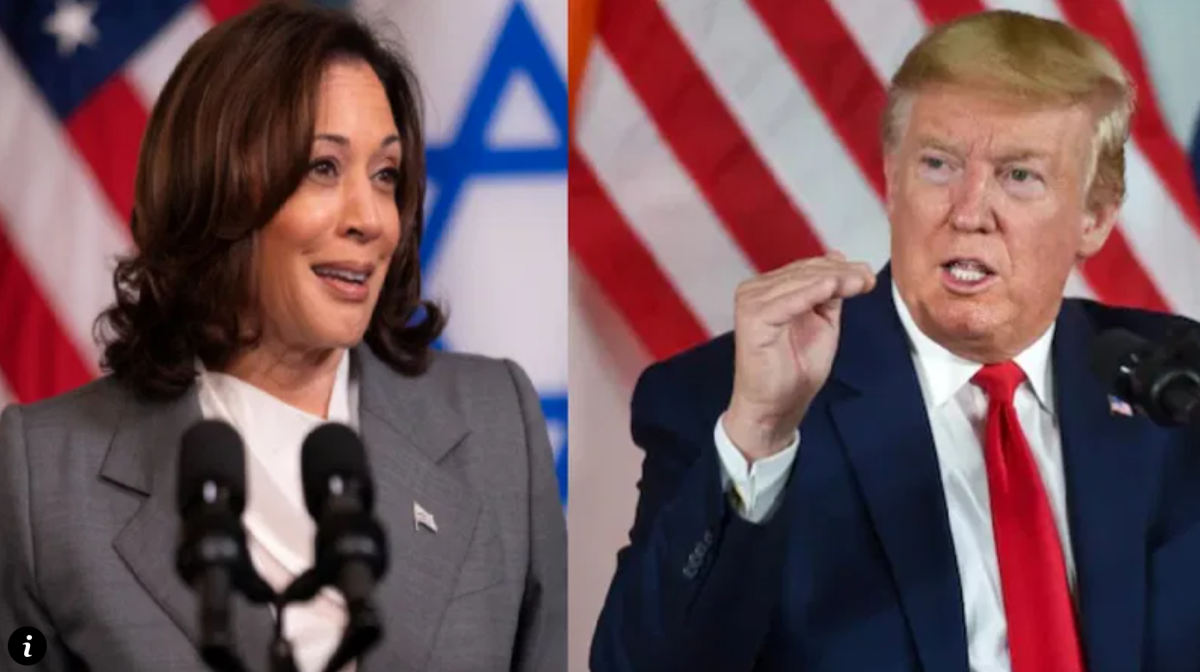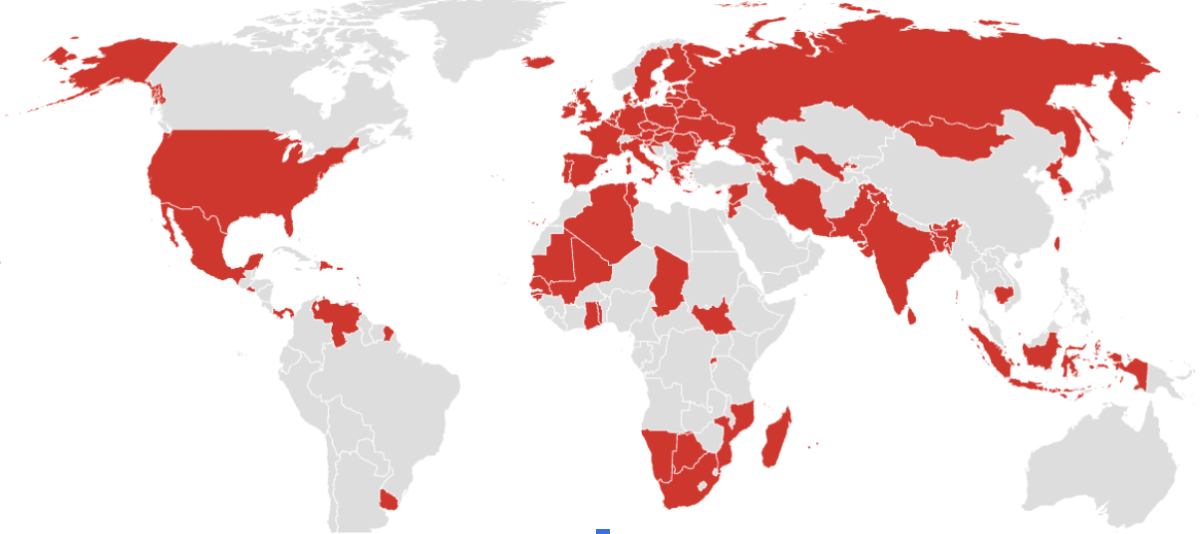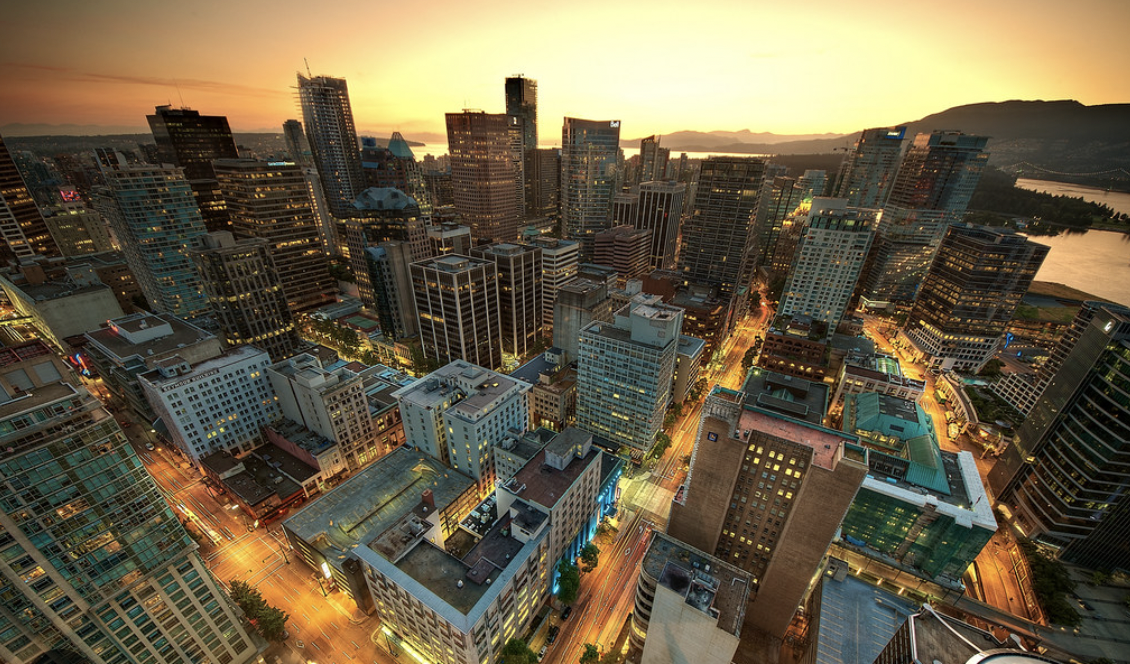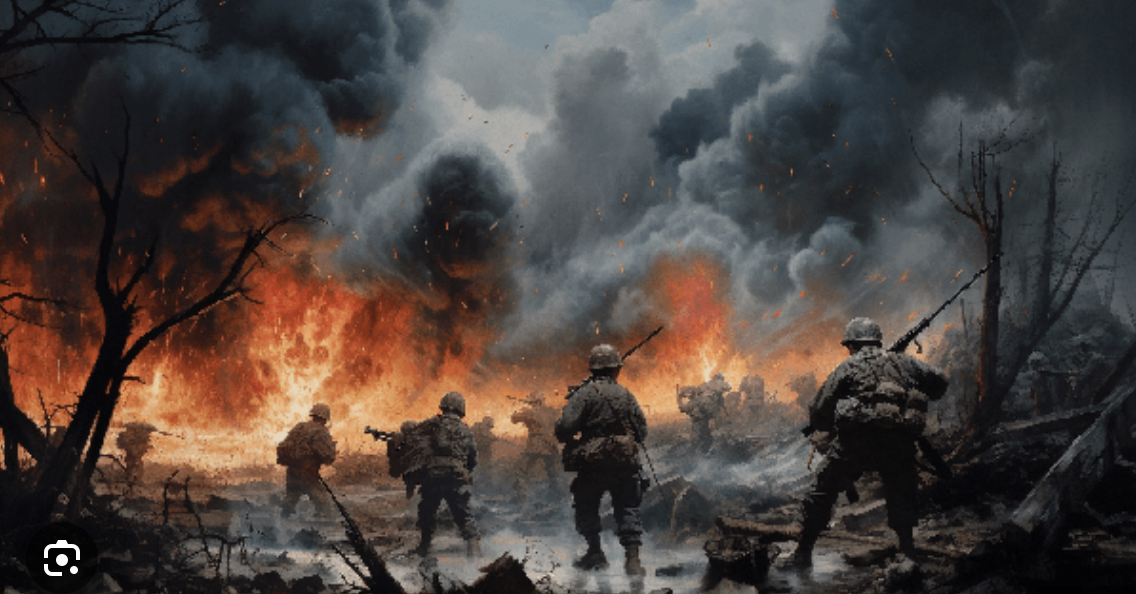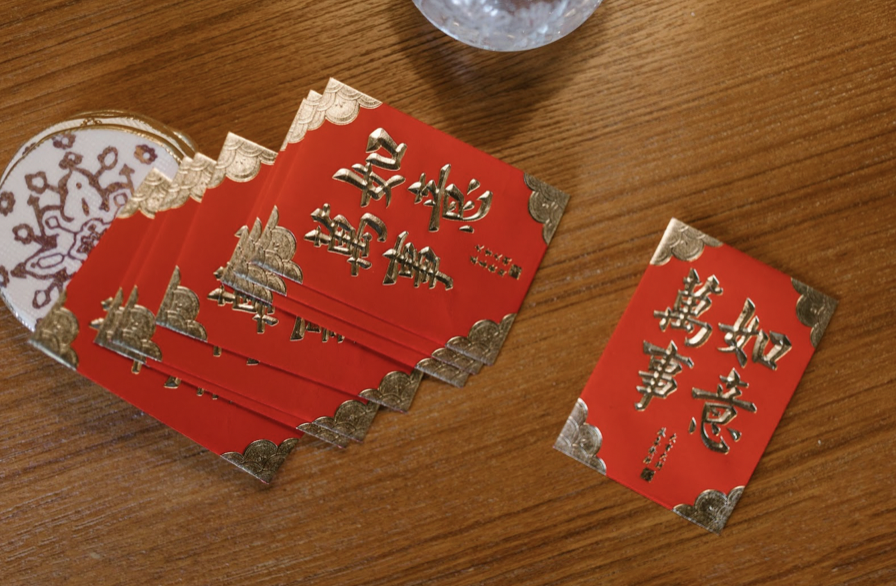Previously published December 4, 2021.
Since the early 1900s, Darfur, which hosts over 80 different tribes, has had multiple warring tribes causing unrest in the region. Darfur was established as an Islamic sultanate in Western Sudan and stayed predominantly independent throughout conflicts that have strongly affected other regions of Sudan. However, as desertification became a growing issue in Sudan, these tribes, mainly the Fur, Massalit, and the Zaghawa, began to clash over resources, ideals, and religion. With growing droughts and low crop yields, territorial conflicts began to grow more common with the Zaghawa being driven southward into Fur territory. These conflicts began to grow extremely violent with the introduction of arms from Chad, which borders West Sudan. As a result, warring began to spread throughout Sudan, causing mass displacement and increasing poverty and hunger rates among the Sudanese.
On October 25 this year, the Prime Minister, Abdalla Hamdok, was arrested, sparking outrage throughout Sudan. Mr. Humdok was previously a UN economist and was appointed by Sudan’s Sovereign Council. On August 31, 2020, Mr. Humdok signed a peace deal with various armed groups working in Darfur, creating a sense that peace was finally achieved in Sudan. This year, Mr. Humdok answered many of the pro-democracy protests ensuring, “a full transition to civilian rule should be in place by November 17”, with elections being promised next year. (Abdallah et. al, 2021) As the tribes and Sudanese government already had a shaky relationship, citizens have become concerned whether previous peace deals will last.
The prime minister was ousted by general Abdel Fattah al-Burhan, who has been vouching for an autocracy, describing that a strong ruler was necessary for the nation. (Waal, 2021) This, in addition to the various protests against Mr. Hamdok’s policies as Prime Minister, has led to political unrest throughout the country. Conversely, Sudan’s Information Ministry released a statement claiming that Mr. Humdok “is still the legitimate transitional authority in the country” and was “kidnapped”. (Abdallah et. al, 2021)
With these controversial statements being released, citizens have begun a movement, protesting the Prime Minister’s coup. Protests have sparked against the military’s actions, many of which have ended violently with protestors being shot or met with tear gas. The usage of social media has led these protests to become an international condemnation against the Sudanese army and General Burhan. Recently, the government placed a shutdown on the Internet and popular social media sites, and many trade unions have broken down in light of recent events, sending the country and its citizens into further chaos due to the lack of democracy.
This outrage is simply echoed by the international community, with the UN, African Union, and East African regional body condemning the military’s actions. (Waal, 2021) Furthermore, the Sudanese military’s relationship with the US is growing increasingly turmoiled. The US Special Envoy, Jeffrey Feldman, reported a pact being made between the military and citizens, however, with the coup being staged merely hours later, US foreign officials were dismayed and halted a $700 million financial aid package. (Waal, 2021) While General Burhan has claimed to uphold the democratic ideals and peace with the Darfur rebels, citizens and foreign officials believe Sudan is moving towards growing instability and authoritarianism.
Works Cited
Abdallah, Yasir, et al. “Sudan’s military dissolves transitional government in coup.” CNN.com, CNN, 26 October 2021, https://www.cnn.com/2021/10/25/africa/sudan-military-prime-minister-intl-hnk/index.html. Accessed 4 November 2021.
Agency Report. “Sudanese govt signs long-awaited peace deal with armed groups.” premiumtimesng.com, The Premium Times, Nigeria, 31 August 2020, https://www.premiumtimesng.com/foreign/africa/411753-sudanese-govt-signs-long-awaited-peace-deal-with-armed-groups.html. Accessed 4 November 2021.
de Waal, Alex. “Sudan coup: Why the army is gambling with the future.” BBC.com, BBC News Services, 27 October 2021, https://www.bbc.com/news/world-africa-59050473. Accessed 4 November 2021.
OCHA Services. “Understanding Darfur Conflict.” reliefweb.int, reliefweb, 19 January 2005, https://reliefweb.int/report/sudan/understanding-darfur-conflict. Accessed 4 November 2021.




